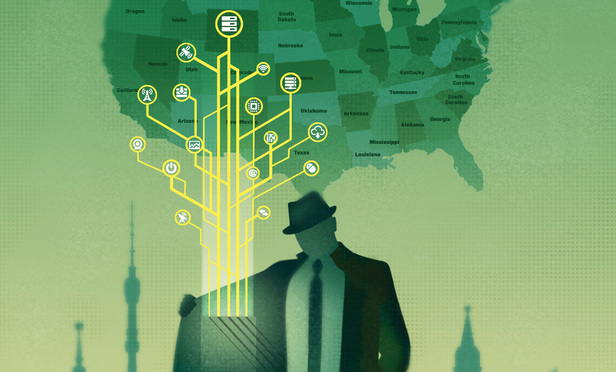Of the many emotions spurred by U.S. intelligence agen cies’ conclusion that Russian hackers sought to influence the 2016 presidential election, one of the most prevalent was a sense of disbelief. But far from the lights and acrimony of the election, the corporate world knows all too well that such cyberespionage is not only possible, but is becoming more commonplace every day.
The evolution of cyberespionage—the theft of sensitive information for malicious intent or the benefit of a perpetrator, whether it be a criminal actor, state government or competitor company—has presented complex challenges to many corporate counsel tasked with protecting and legally defending their enterprises.



